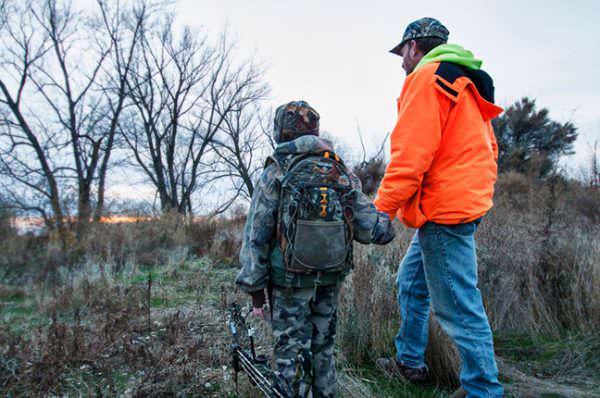

USA -(Ammoland.com)- I hunt because I enjoy watching the sun rise over creation. I hunt because it affords the opportunity to be in direct contact with nature.
I hunt to learn something about the natural world that I didn’t know before I ventured into the woods or marsh. I hunt to provide my family with a source of natural protein.
I hunt because it requires that I use my intellect, stealth, physical abilities and natural instincts in order to be successful, and in doing so, forms an immediate, tangible, physical and intellectual connection with thousands of years of human evolution.
That’s why I hunt. If I asked another hunter to tell me why they choose to hunt, I might hear some of these same reasons or variations of these reasons. I would also expect to hear some altogether different responses.
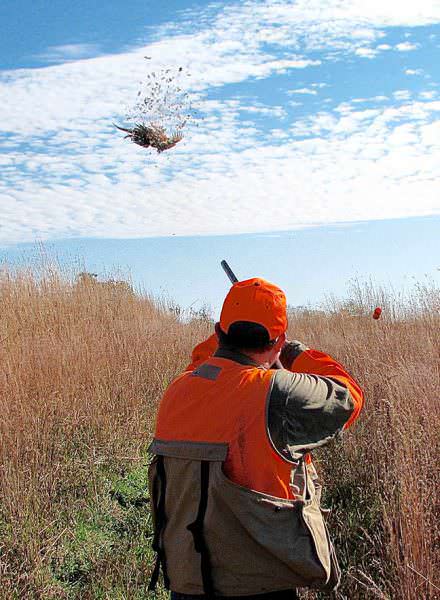
At the personal level, it really doesn’t matter why we make the decision to hunt. We need only know that we derive some sense of enjoyment or satisfaction from our activities; that some other benefits are realized; or that a need is being met. So if hunting makes sense to you, then why does the act seem so bizarre, and even offensive, to many non-hunters?
Being a hunter, I can’t answer this question with any degree of certainty. I suspect, however, that many non-hunters are probably non-hunters because they have never been exposed to the rural hunting ethic, or a lifestyle that relies on firsthand experiences with things like wild animals, plants, dirt, and rain.
Such individuals have likely never seen a coyote put the stalk on a wild pheasant, or a yearling deer so emaciated from a lack of browse in its suburban woodlot home that it has started to consume its own flesh. What is more likely, is that they have been raised in an environment that has taught them to curse the rain and look in disdain at the hawk that nabs squirrels from their backyard feeders.
If they are lucky, they may have learned enough about nature to put a rock or two on top of their garbage cans to discourage masked urban critters from tipping them over.
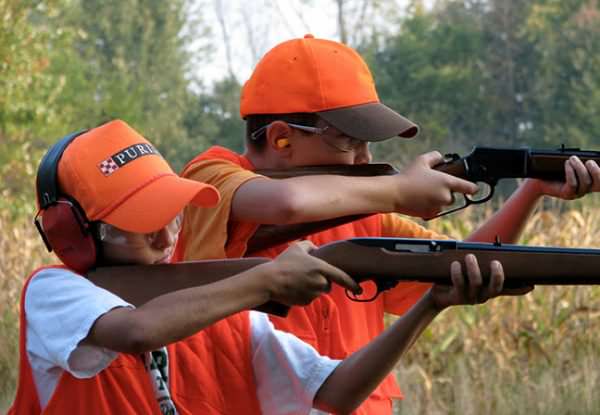
We can’t blame people for being people. People are who they are, and as convenient as it sometimes seems, we can’t treat everyone who doesn’t hunt as the enemy. Not everyone is fortunate enough to have had someone introduce them to hunting, and the simple truth is that the majority of people in this country do not fit conveniently into either the hunter or anti-hunter categories.
Our fast-paced, multi-media-inspired post-modern society has conditioned us to be fence sitters on issues and activities that we perceive as having no personal connection with. Our lives are busy, and even important issues become meaningless to us if we have no daily interaction with them.
This reality is both an opportunity and a liability for hunters. While we have the opportunity to share our passion for the outdoors with non-hunters in positive and educational ways, the many organized anti-hunting groups have the same opportunity to share their views – however extremist or misleading they may be.
The sad truth is that the antis have a leg up. The continuing fast-paced urbanization of of our country is resulting in a growing urban demographic and a shrinking rural one.
Every year, fewer Americans will have the opportunity to grow up on a farm or in a household where hunting has a deeper meaning than killing – a household where children learn firsthand about hunting and personal interaction with wildlife from their fathers, mothers, siblings and grandparents instead of some biased educational or nature program on television or the Internet.
If we are to perpetuate hunting and active wildlife conservation in this country for future generations, we must support the national hunting advocacy groups that defend the neutral public from the misrepresented informational campaigns and veiled assaults on our hunting heritage.
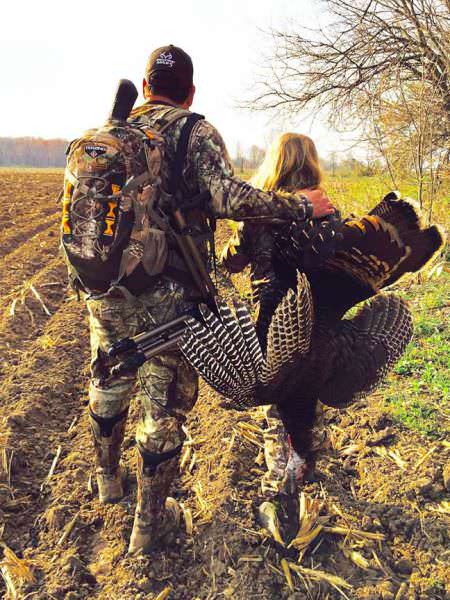
It simply has to be this way, so pick one or more hunting and conservation advocacy groups you personally believe in and join. We must also act locally as responsible and tactful hunting ambassadors – in our neighborhoods, churches, schools, and local governments.
This doesn’t mean that we should feel compelled or obligated to launch our own full-throttle pro-hunting campaigns in these forums.
What it does mean, is that each of us have the responsibility to know and understand the reasons why we hunt; to be able to communicate those reasons clearly and constructively; to be able to project a positive and informed impression of hunting to our non-hunting friends and neighbors; and to be ever-watchful for opportunities to introduce somebody new to the outdoors.
Upland hunt clubs and preserves are great places to take anyone new to hunting or the shooting sports and are open right now. So why not plan an outing and invite someone you know?
New shooters can receive safety and shooting instruction from club staff, then build confidence by breaking some targets on the trap range or sporting clays course. If they enjoy the experience, advise them of their options for obtaining a hunter safety certification and how to obtain the licenses and stamps they’ll need to come back and hunt real birds.
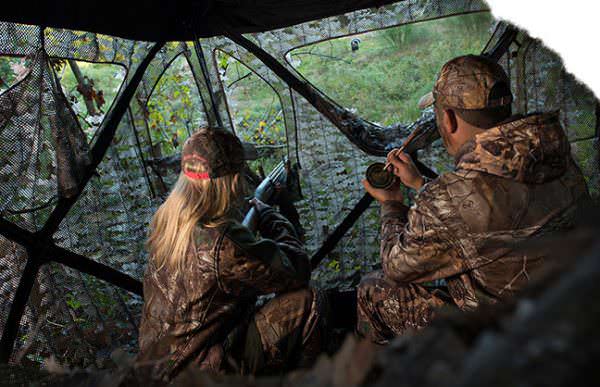
When they’re ready, plan a return trip and take them to the field to try for some pheasants, chukkar or fast-flying quail. Most states offer upland preserve hunting seasons that are typically open all winter long.
You probably know and understand the reasons why you hunt, and can effectively and tactfully communicate those reasons to anyone who might ask. If you don’t, think about it, because you aren’t doing yourself – or the rest of us – any favors.
Once you do, take some reasonable steps to share the joy hunting brings, while also protecting wildlife conservation and our hunting heritage for future generations. Actively support at least one chosen wildlife conservation and hunting advocacy group, and take someone you know shooting and hunting.
Ask. Chances are, they can’t or won’t do it without you.
About Traditions Media, LLC:
Traditions Media, LLC is a fishing, hunting, tactical and shooting-sports marketing group specialized in public relations, media communications, influencer marketing, social media and media buying. Our partners include Aqua-Vu, Custom Jigs & Spins, Fin-Wing, Frabill, Humminbird, Lund Boats, Old Town Canoes & Kayaks, Ocean Kayak, Plano, Plano Tactical, Rippin Lips, St. Croix Rod, Tenzing and the Plano Synergy family of hunting brands.
